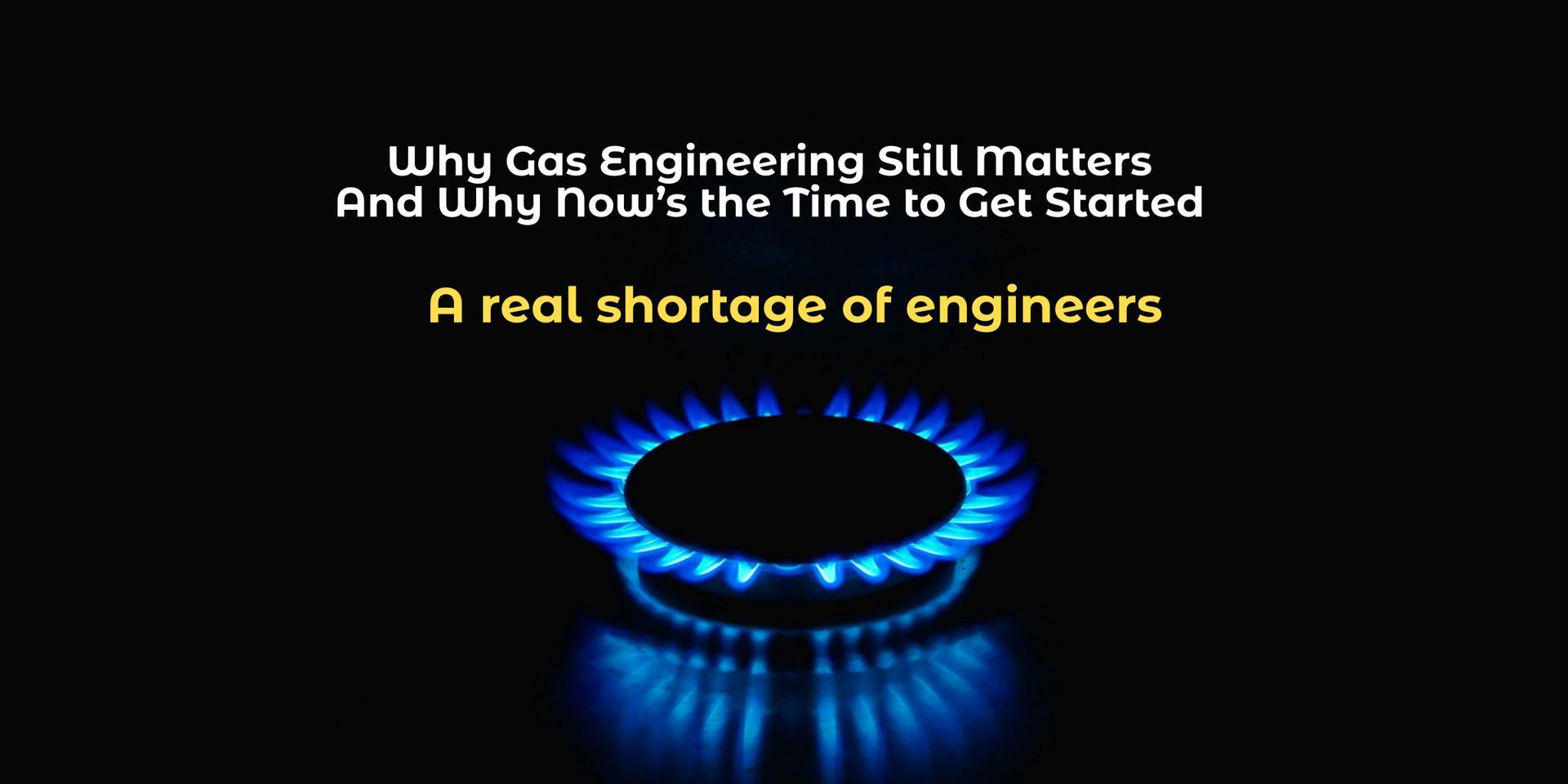Is there a future for a career in the UK gas industry?
Considering a career in the UK gas industry? Concerned about the plans to phase out the installation of gas supplies to new homes by 2025? If so, read on!
Here’s our question: ‘Is there a future for a career in the UK Gas industry?’
You may have heard about the Climate Change Act 2008 in the news recently. The role of this act is to set targets to reduce the UK’s green house gas emissions by 80% from the 1990 levels by 2050. A stepping stone towards this is the aim of reducing it by 24% by 2030.
With this in mind, the Committee on Climate Change (CCC) has made recommendations to cease the installation of natural gas supplies to all new homes built in the UK by 2025 and to completely phase out natural gas supplies by 2050.
With all this doom and gloom about emissions and natural gas, we wouldn’t blame you if you automatically think the answer to our question ‘is there a future for a career in the UK gas industry?’ would be an emphatic No!
However, in reality, you would be wrong. Here are the reasons why:
Existing electricity and gas supply infrastructure restrictions
Currently, over 85% of UK homes are connected to the National Grid network, which equates to more than 25 million properties. Numerous studies have shown that converting this staggering amount of properties over to another heat source, such as electricity, is a non-starter.
Simply put, the electricity grid could not cope with demand. A massive upgrade to the UK’s electricity supply infrastructure would be required, which would cost billions.
Suitability of alternative heat sources
When it comes to some homes, there is a possibility of converting them over to green technologies such as wind turbines, heat source pumps and solar energy. However, it has been proven that these types of technologies are not suitable for the majority of households in the UK.
These alternatives really only act as a supplement to current ways of heating and lighting, as opposed to being able to totally replace current supplies.
Electricity is not the best alternative
You may assume that electricity is the most suitable long-term alternative. But the production of electricity is not pain-free; it has a significant environmental impact and still emits enormous amounts of green house gases into the environment.
Due to this, other more feasible solutions are being sought. A solution has been found in Hydrogen gas, muted as ‘green gas’ as the only by-product is water. Studies are currently taking place by a number of organisations, including the Department for Business Energy and Industrial Strategy (BEIS) on the potential future of Hydrogen gas as a replacement for natural gas.
Trials have also been given the go-ahead by the Health and Safety executive to inject small amounts of Hydrogen gas into the current Natural Gas networks that supply parts of the Liverpool and Manchester regions. These trials are being backed by OFGEM and partnered by Northern Gas Networks, Keele University and a consortium of technical experts.
In addition, many boiler manufacturers, including Worcester Bosch are developing a range of hydrogen burning boilers, which are currently being trialled.
All of this has created a snowball effect, with support growing in regards to this ‘green’ technology.
So how is it going to work?
Although it is still early days in terms of development, the idea is to supply Hydrogen gas via the current natural gas pipelines to all of the properties currently connected to the national grid gas network. For this to happen, an upgrade/ renewal of the current heating/cooking appliances in every one of the 25 million homes would be required.
For those of you who are old enough to remember, something similar took place in the late 60’s and early 70’s when a change from Town Gas (coal gas) to natural gas was made; this also involved the renewal/upgrade of all of the gas appliances in the home.
What does it means for people considering a career in the UK gas industry?
According to Gas Safe, there is already an existing skills shortage of qualified gas engineers in the UK. 50% of all current engineers are over the age of 55, which means that in the next 10 years all of these engineers could have retired, leaving an increased shortage.
Add this to the current developments in regards to energy-efficient boilers and smart upgrades to heating systems – all of which need to be installed by qualified engineers – plus the possible future change over from natural gas to Hydrogen, and the future is definitely bright for those who are looking for a long term career in the UK gas industry.
So in answer to the question ‘Is there a future for a career in the UK gas industry?’
The answer is most definitely ‘YES, the gas industry needs you!’
We hope you enjoyed reading our article “Is there a future for a career in the UK gas industry?’ If you are considering a career in the UK gas industry, or want to add to your existing skills, Gas Training & Assessment can help.
























